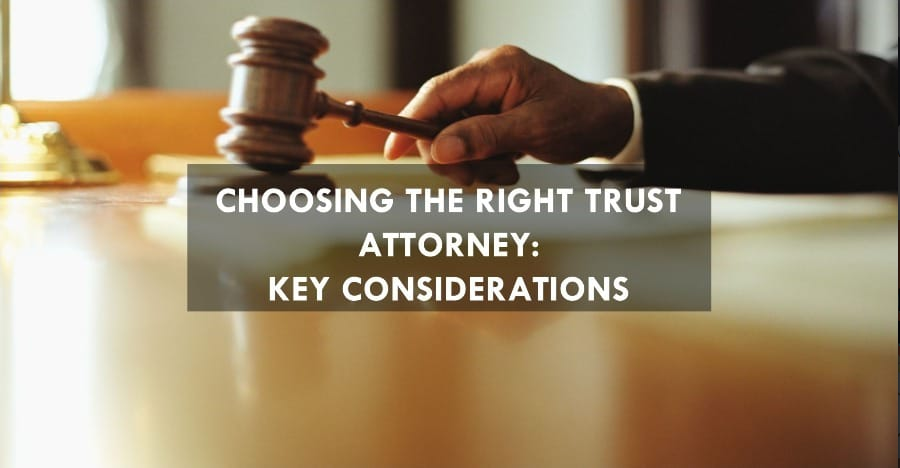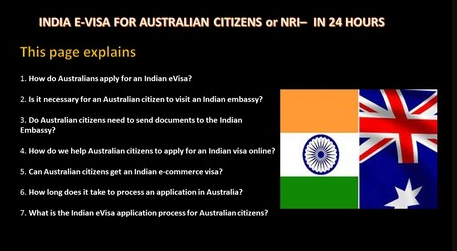Choosing the Right Trust Attorney: Key Considerations

Choosing the right trust attorney is crucial when you’re planning your estate or need assistance with trust-related matters. Trusts can be complex legal instruments, and having the right attorney can make a significant difference in ensuring your wishes are properly executed. Here are key considerations to help you make an informed choice:
- Specialization and Expertise:
- Look for an attorney who specializes in estate planning and trust law. They should have in-depth knowledge and experience in this specific area of law.
- Consider their expertise in handling the type of trust you need, whether it’s a revocable living trust, irrevocable trust, charitable trust, or special needs trust.
- Experience:
- Ask about their years of experience and the number of trust cases they’ve handled.
- Inquire about their success rate and the complexity of cases they’ve managed.
- Credentials and Qualifications:
- Verify their credentials, such as being a licensed attorney in your state.
- Look for memberships in relevant professional organizations, like the American Bar Association’s Section of Real Property, Trust and Estate Law.
- References and Reputation:
- Seek recommendations from friends, family, or colleagues who have had positive experiences with trust attorneys.
- Read online reviews and check their standing with the state bar association for any disciplinary actions.
- Communication and Accessibility:
- Ensure the attorney is responsive and communicates clearly. Trust matters can be complex, and you’ll want an attorney who can explain things in a way you understand.
- Ask about their availability for meetings and consultations.
- Fees and Billing Structure:
- Discuss their fee structure upfront, whether it’s hourly rates, flat fees, or a combination of both.
- Make sure you have a clear understanding of the costs involved in your trust-related services.
- Client-Centered Approach:
- Look for an attorney who listens to your needs and tailors their advice and solutions accordingly.
- Ensure they prioritize your best interests and take a personalized approach to your case.
- Location and Jurisdiction:
- Choose an attorney who is licensed to practice in your state, as trust laws can vary significantly from one state to another.
- Conflict Resolution Skills:
- Inquire about their approach to handling disputes or conflicts that may arise among beneficiaries or with trustees.
- Continuing Education:
- Trust and estate laws evolve over time. Ensure the attorney engages in ongoing education to stay current with legal developments.
- Trust Administration and Management:
- If your trust will require ongoing administration or management, ask the attorney if they offer these services or can recommend a suitable trustee.
- Comfort and Trust:
- Trust your instincts. You should feel comfortable and have confidence in your attorney’s abilities and ethical standards.
- Initial Consultation:
- Many attorneys offer an initial consultation. Use this opportunity to discuss your needs, evaluate their suitability, and ask questions.
Remember that choosing the right trust attorney is a significant decision that can affect your family’s financial future. Take your time, conduct thorough research, and consult with several attorneys before making your final choice. Additionally, consider seeking a second opinion if you have doubts or concerns about the advice you receive during the estate planning process.




